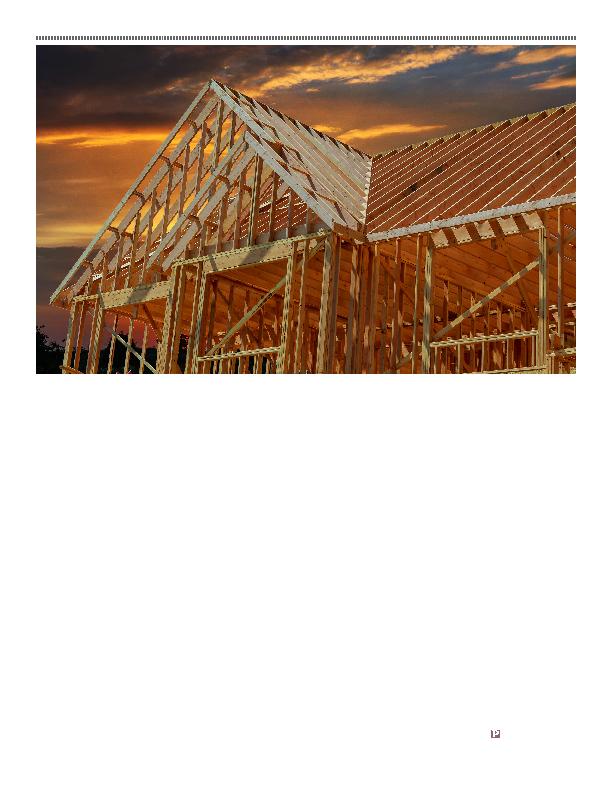
address either the Kilgore or the Metro
Bank cases in reaching its decisions.
Instead, the Court focused its attention on
Morvay v. Drake, 295 Ala. 174, 325 So.
2d 165 (1976), which did not involve a
future advance mortgage, but recognized
that in situations between a lender and its
borrower, a mortgage that does not secure
an actual debt may be declared void
for failure of consideration. In looking
to other jurisdictions for guidance, the
Alabama Supreme Court noted that other
states hold that future advance mortgages
do not create a mortgage lien until some
indebtedness is incurred. Based on the
decision in Morvay and how other states
address future advance mortgages, the
Alabama Supreme Court ruled that a
mortgage lien is not created until some
indebtedness is incurred, i.e., some loan
proceeds were advanced. Therefore, the
Court ruled in favor of the builder holding
its Builder's Lien had priority over the
Mortgage.
The decision in GHB has already
caused fallout with the lending industry
in Alabama with the viability of future
realm called into question. Counsel for
the lender in GHB has filed a Motion for
Rehearing on the decision. An Amicus
Curiae brief has also been filed on behalf
of the Alabama Bankers Association,
the Alabama Land Title Association,
the Mortgage Bankers Association of
Alabama and the Credit Union Coalition of
Alabama seeking to reverse this decision.
Where this will end up, no one knows,
but for now, the law in Alabama requires
lenders to recognize that future advance
mortgages are not "created" for priority
purposes until some loan proceeds are
paid out or some indebtedness arises.
Whether a mortgage provides security
to a lender when the mortgage is recorded
or only when it actually secures some type
of indebtedness could very well become
an issue with other states as well. In GHB,
the Alabama Supreme Court looked to see
how other states determine when a future
advance mortgage is created. Decisions
from other states were cited for the
proposition that "a mortgage is a security
for a debt, and without a debt, it has no
effect as a lien" Freutel v. Schmitz, 299
Ill. 320, 132 N.E. 534, 535 (1921); Guar.
113 So. 117, 120121 (1927) and that for
a mortgage to secure future advances that
may or may not be made, the security does
not arise until some advance is made.
Ladue v. Detroit & M.R. Co., 13 Mich.
380, 407 (1865). The Alabama Supreme
Court even cited a treatise on mortgages,
59 C.J.S. Mortgages ` 256 (2009), for the
following proposition:
or advance becomes a lien from the
day the loan or advance is made, but
not until then, and does not create
a lien if no advance is ever actually
disbursed."
correct in saying that "... treatises and
authority from other jurisdictions that
address this issue uniformly indicate that
a future advance mortgage does not create
a mortgage lien until some indebtedness is
incurred by the mortgagor," other states,
along with Alabama, will need to evaluate
how its lending industry is protected in
the construction realm involving future
advance mortgages.